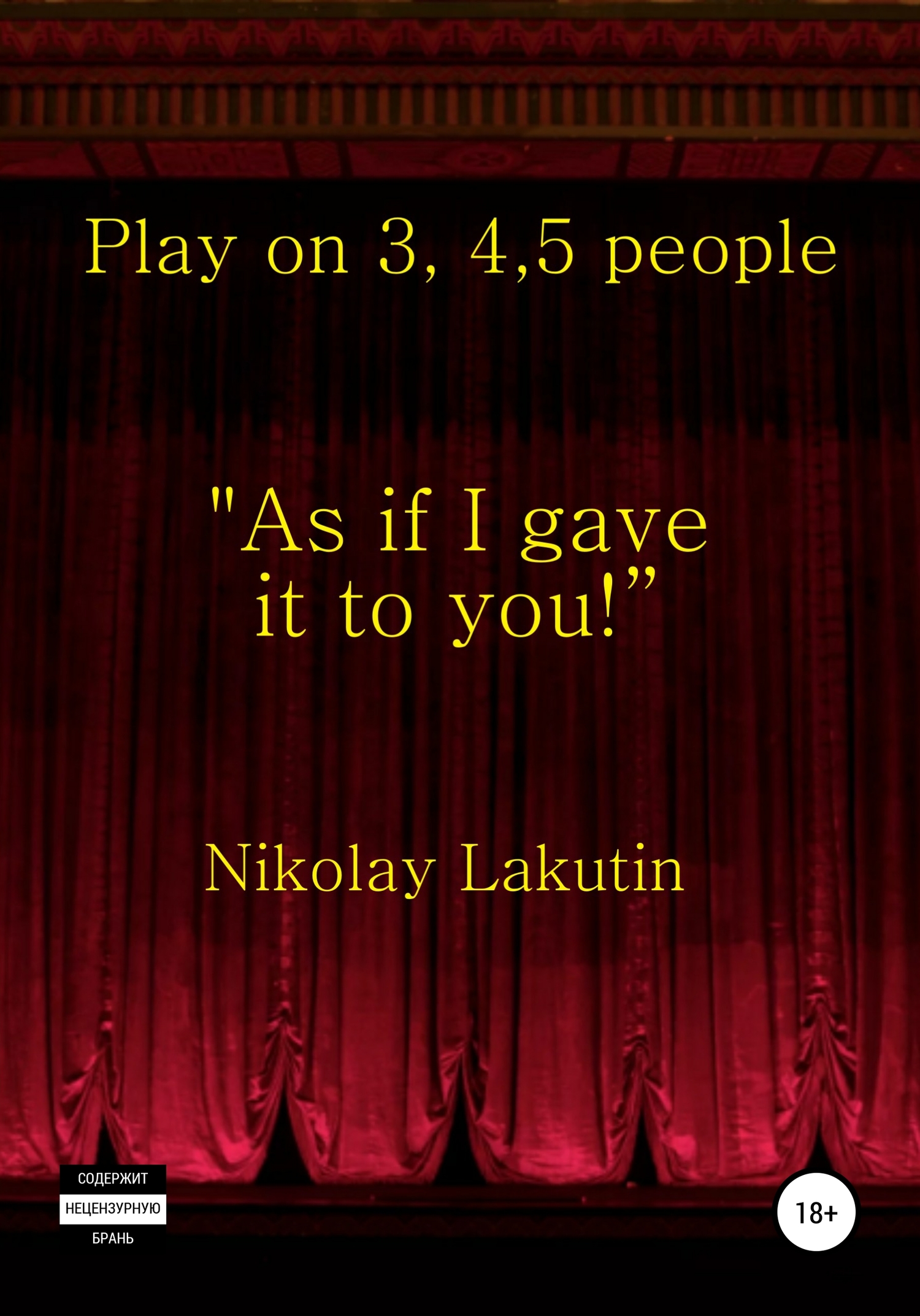but by order, as obedience.
● Outwardly, the genuine socialist phase of the communist formation may look like the monasticization of the whole country. However, it is obvious that the forceful corralling of the people into monasteries will not lead to any kind of communism. Monasticism should be a conscious step. And advancement towards communism proceeds through more and more enlightenment, through a more and more profound understanding of man's own structure, his own nature.
The Marxist theory of communism is utopian
Marx observed workers' communes and found that special, more cultural relations arise in workers' communes. It was an extremely trusting relationship. People who went through the experience of the communes were distinguished by greater consciousness, greater humanity, a greater level of what can be called a common culture. The great merit of Marx was that he noticed this, comprehended and understood that a higher civilization, in its true sense, should have precisely such communist relations. In contrast to those relations of selfishness that reigned around, under capitalism, outside of such communes.
However, the following question should be asked. And how can one come to such communist relations? Marx's mistake was that he ignored some of the essential details of the prerequisites for the emergence of those communes. Marx suggested that this commune is an evolutionary surge, predetermined by a high level of production. However, in reality, those communes were essentially an evolutionary rollback. The workers, finding themselves in complete poverty, simply would not have survived if they had not united in communes. The collective instinct for self-preservation kicked in. Extreme conditions forced this local community to return to the prehistoric primitive communal system. It's just that in that prehistoric primitive communal system the culture of relations was higher than the culture of relations within the "higher civilization".
Based on this, it is easy to understand that industrialization in itself does not automatically lead to the emergence of communist relations. Vice versa. Moves away from them. That is why Russia so easily jumped onto the socialist rails. Precisely because Russia was in the seventeenth year a beggarly country. And, conversely, precisely because Russia became a highly industrialized country by the end of the twentieth century, socialism flowed out of it by itself. High industrialization led, predetermined, high capitalization. And high capitalization cannot exist without the capitalist type of production relations.
From the fact that the Marxist theory of communism is utopian, it is a mistake to draw a hasty conclusion about the prospects of capitalism. Capitalism or the structure of society, which relies on free market relations of production as a basis, is, in fact, also a dead end. This is an even more dead-end path in the possible development of society. The development of capitalism does not lead to an increase in the level of civilization, civilization. It is easy to draw such a conclusion, if only from the observation that under capitalism the level of culture of the people is in an extremely deep state. The main reason for the utopia of capitalism is not so much these free market production relations themselves, but the proprietary interests behind these relations. The capitalist formation is formed from consumerism and forms consumerism. Capitalism will inevitably either explicitly or implicitly come to elevate consumerism to the highest value.
Often Soviet socialism is scolded for being a "SOVOC" (scoop). And this problem is glued together with the fact that supposedly there is no socialism without a "scoop". Here you need to understand what a "scoop" is and what are its causes. "Sovoc" and its cause is the stupidity, venality and deceit of officials. And the stupidity, venality and deceit of officials always exists: under the tsar, and under socialism, and under capitalism. You can't get away from the "scoop". He always was, he is now, and he always will be (that is, will be for a long time).
The main contradiction of any state is not the struggle of classes, but the struggle of power with the people
Surplus value is not exploitation. Since the worker can always break off the relationship with the employer. Exploitation is when a person cannot break off relationships that he does not like. Specifically, this is the relationship between the citizen and the state, the taxpayer and the authorities. Power is the real exploiter. A change of power, the replacement of an overstayed, autocratic power with another, more honest, more advanced one, which will establish legal order, does not fundamentally change anything, since the old system always remains the same. There remains a system that allows you to keep power in the hands of anyone who has it. The fundamental solution to this problem is reform, the formation of a different institution of citizenship. The fundamental issue here should be the freedom of any person to renounce citizenship if some taxes, laws, customs do not suit him. Not the freedom to change citizenship, but the freedom to renounce any citizenship in principle. A person should have the right not only to vote in elections, but also to vote individually with their feet: if they don’t like something, then a person will have the right to express his protest by breaking off relations with the state. Within the framework of the legislative framework of the state in whose territory such free people without citizenship live, an appropriate contractual taxation system should be provided for those services of the state that a stateless person will use.
Another option to solve the problem of exploitation by the authorities is the obligatory status of monasticism for the first person and other power holders.
Mechanisms of human needs
Building communism does not require a high level of material production
The need for a high level of material production is one of the key mistakes of the classics of the theory of communism. However, communism can be built both in





